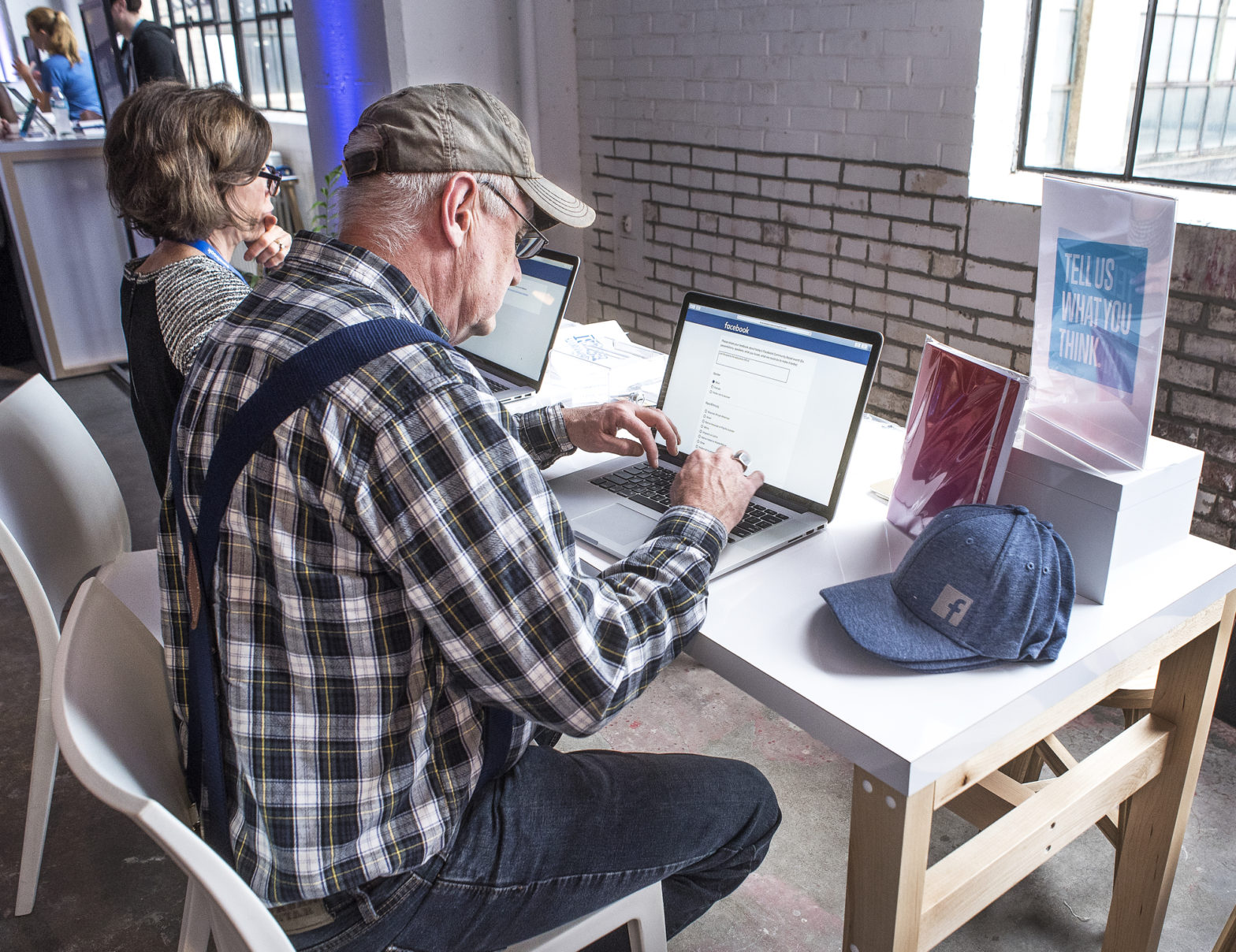
Photo: Shelby Switzer
Baltimore’s first digital services director takes the helm
17 January 2023
by Sarah Wray
Baltimore is the latest city to create a dedicated digital services team, and Mayor Brandon M. Scott has appointed Shelby Switzer as its director.
In September 2022, Mayor Scott announced a US$2.1 million investment from the American Rescue Plan Act (ARPA) to create Baltimore’s first digital services team. He said it is part of a commitment to modernising technology and improving the delivery of core city services.
Switzer, who will report to Chief Data Officer Justin Elszasz, told Cities Today that managing digital services is not just about putting analogue processes online, stressing that it also relates to good user experience, including plain language, simplicity and effective back-end workflows.
The city is in the process of hiring a product manager, lead developer and lead user experience (UX) designer for the team, which is charged with building “human-centred digital services” that increase access and reduce disparities.
“We’ll be bringing a product mindset, where we’re thinking about outcomes and impact, and how we best achieve that through building or potentially also buying technology,” Switzer commented.
The growth of digital services teams
A report published by Accenture in October, based on a survey in North America, Europe and Asia-Pacific, found that 39 percent of respondents wanted more digital interaction with their governments, up from 29 percent in 2019. However, 53 percent said that accessing public services is frustrating and only 36 percent find government processes and interactions intuitive.
To address issues such as this, digital services teams are increasingly common in cities and other levels of government. US local government examples include San Francisco, Syracuse, and Philadelphia.
“This is largely part of this increased recognition that digital is part of the lives of residents and it needs to be part of service delivery,” Switzer said. “You can’t just buy technology and then forget about it and hope everything is fine. You have to be constantly adapting technology to solve problems and meet the needs of service delivery, instead of just acquiring it like a box of pencils.”
They added that: “Technology isn’t always the answer. And definitely when we think about equity and ease of access to government services, it’s not always going to be a digital answer. There has to always be some sort of analogue or in-person support and we have to make sure that we’re not just doing tech for the sake of tech.”
Digital public goods
Previously, Switzer was a fellow at the Beeck Center for Social Impact + Innovation at Georgetown University, where they led the Intergovernmental Software Collaborative to share software across governments to improve outcomes for the public while reducing time, risk and costs. Before that, Switzer spent three years building software with the U.S. Digital Services, and projects included software and data services for the Centers for Medicare and Medicaid Services, launching infrastructure for the Centers for Disease Control and Prevention, and providing technical leadership to the Justice40 environmental equity initiative.
Switzer plans to leverage experience from these roles in their new position in Baltimore.
“I’m a really big believer in collaboration and building digital public goods – open source, non-proprietary technology that we can all participate in and adjust to our needs,” they said. Co-operative purchasing is also an area of interest.
On building versus buying, Switzer said: “My rule of thumb generally is that a business function of government should be in-house. Typically, we should be able to modify the tools that we’re using – that public interface into government and those critical functions – as we need to and we shouldn’t have to rely on creating a new work order and hopefully getting something in place a year or two years from now. Tech just has to be part of how we think about service delivery, and that is the core function of government.”
When buying technology, Switzer says structuring contracts to avoid vendor lock-in and maintain flexibility is key.
The Biden administration’s Justice40 Initiative pledged that 40 percent of the overall benefits of federal climate investments should go to disadvantaged communities most affected by poverty and pollution. At the U.S. Digital Services, Switzer’s team worked on identifying those communities.
“We wanted to do this in a way that built trust with communities instead of being this opaque, black box government thing where the feds just decided that certain people get money and others don’t,” they said.
This involved gathering community input to understand the issues people were experiencing and using that to identify appropriate data and create a systematic methodology.
“We also wanted to make sure that we were building in a way that other agencies could replicate so everything that we did was open source and completely replicable end to end,” said Switzer.
Getting started
With plans to bring the additional team members on in the next month, Switzer is focused initially on “listening and learning”.
“I’m meeting as many people as I can, I’m talking with different agencies and joining lots of meetings as a fly on the wall,” they said. “[I’m] really trying to understand Baltimore and the problems and needs of the communities here. And then I’m going to be focused on empowering the team to be action-oriented, focusing on impact and outcomes and also doing some wider coalition-building across the city, both within city government and with public and private partners, universities and colleges.
“I really believe that we can build a public digital infrastructure that’s open and that has opportunities for all parts of the community to engage and be part of how we do service delivery.”
Switzer said the first projects will be small-scale.
“We’ll try to get some good solid wins under our belt in terms of impact and relationships before we do anything huge,” they explained.








